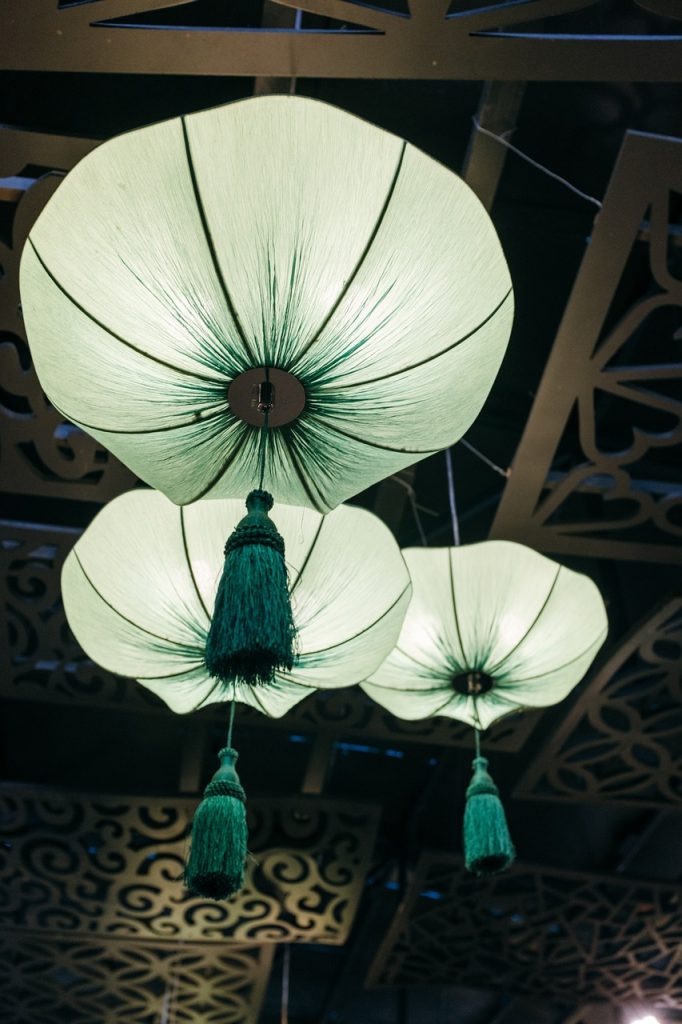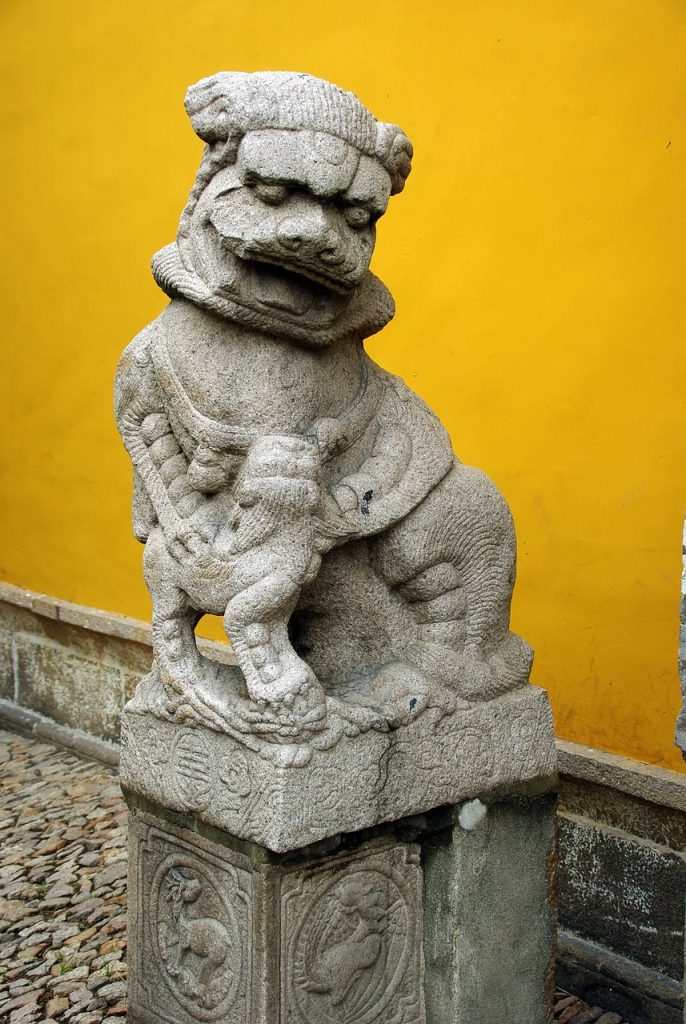Feng Shui, an ancient Chinese art of harmonizing the energy flow in our surroundings, revolves around the concept of Chi. Chi, also known as Qi or life force energy or cosmic breath, is the invisible force that permeates everything in our environment. Chi is constantly stimulating our senses and affecting our emotions and psyche. Understanding Chi is essential in Feng Shui as it helps create balance and harmony in our living spaces. There are two types of Chi: good Chi and bad Chi.

Good Chi:
Good Chi is called ‘sheng chi’. It energises us, conveying a sense of wellness. When we have a positive attitude to life, things will naturally improves so it’s not hard to see that there is a direct relationship between good Feng Shui and good fortune in our everyday lives. Here are key characteristics of positive Chi:







